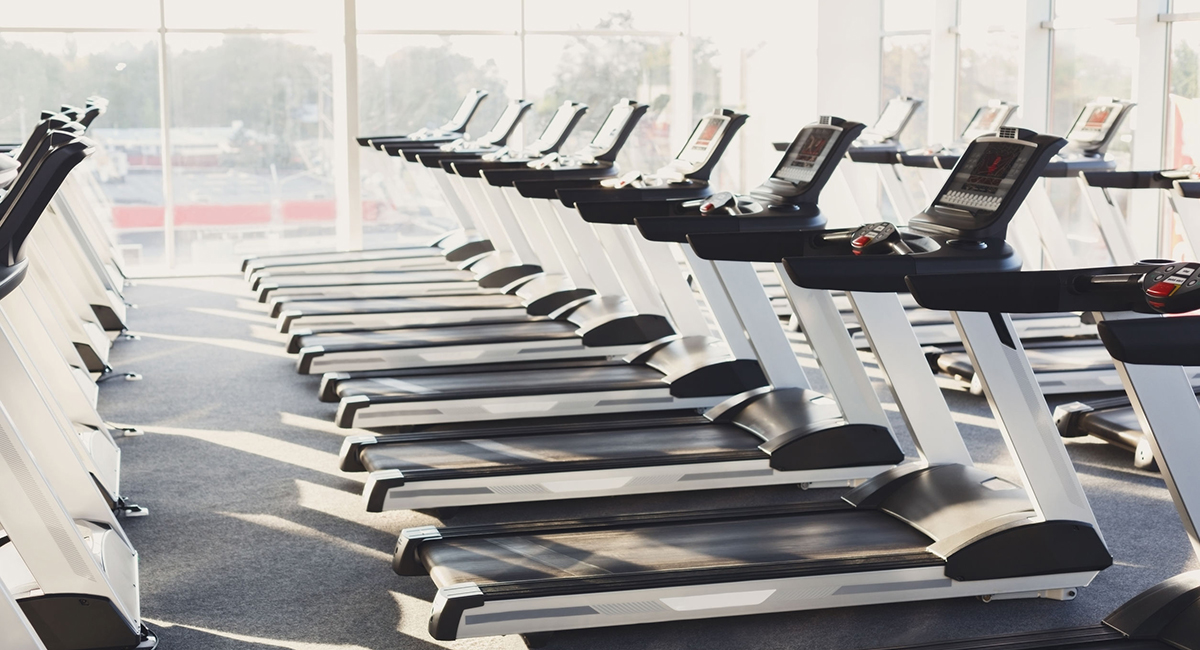For most of history, people’s biggest problems concerned adequate food, clothing, and shelter. Life resembled Thomas Hobbes’s description of the state of nature: solitary, poor, nasty, brutish, and short. Today, we have, if anything, the opposite problem: we have so much food, clothing, and shelter that we pay professionals to help us manage it all. Juggling all the opportunities that come with modern life in a wealthy country has also created an industry of coaches, consultants, and others who train people to optimize their time, manage their contacts, and declutter their calendars. Here are the three first-world problems we wish everybody had.
1. Obesity (a body cluttered with fat). Our ancestors had too little to eat. We have too much, and the problem is so bad that obesity is considered a leading public health threat. When people write about “food deserts,” they’re not always writing about places with no calories. They often write about places with too many calories, but too many calories for the wrong kind—and it is a “problem” we can solve if we let the free market work. I’ve heard it said that sometimes, people want to move to the US because they want to live in a country where the poor people are fat. Totalitarian communist states do not have this problem, but the fact that it looks like the only person in North Korea with a weight problem is the totalitarian dictator should tell you something about communism.
2. Stuff (a home cluttered with things). Most of us, I suspect, would agree that we have too much stuff. The cluttered house, too, is a modern first-world problem. Where children used to play with carved wooden toys and dolls literally made from rags, they now have rooms filled to bursting with practically unlimited opportunities to expand their imagination. Great books are practically free. Sears revolutionized music by selling cheap electric guitars through its catalog. Cheap musical instruments mean that almost anyone can learn how to play something. Guitar. Keyboards. Drums. Furthermore, so many things are so cheap that people can spend a lot of time sampling hobbies and interests. To be affluent is to be able to surround oneself with doodads and tchotchkes that evoke pleasant memories and to understand the cruelty of telling someone, “I hope you step on a Lego.”
3. Busyness (a calendar cluttered with events and commitments). Our ancestors might have lived in serene poverty, but this wasn’t necessarily because they chose a more virtuous path. They probably weren’t overwhelmed by FOMO (“Fear of Missing Out”) because they likely had little idea of what was happening beyond their small communities and didn’t know what they might have missed out on. Once again, you face the opposite problem. The packed calendar is the modern status symbol, like a luxury car or watch was a few decades ago. You have too many ways to spend your time profitably and productively. Streaming services, e-books, and podcasts bring the best (and worst) the world has ever thought or written to you constantly. It’s more than you could digest in a lifetime. You have to choose wisely—a problem our ancestors didn’t have.
Magnificently, free markets that have given us these “problems” also give us solutions. Capitalism comes to the rescue. Do you have a weight problem? Gyms cater to people of all budgets and with all sorts of fitness goals. There are cheap gyms like Planet Fitness (I’ve been a member for about seven years and honestly don’t use my membership that well) and more expensive gyms that are almost country clubs. Do you have too much stuff? There is a burgeoning market for professional organizers who will help you keep it all organized (this episode of EconTalk with Adam Minter, author of Secondhand, is fascinating). Too busy? We can’t all hire a personal assistant, but there is a similar market for companies that help people manage their projects and calendars (I’m a member of Asian Efficiency and was on their podcast in 2022).
Where our ancestors lived lives that were solitary, poor, nasty, brutish, and short, the twenty-first century has us overwhelmed with connections, opportunities, and experiences. People might claim things are bad and wish for the olden days, but “olden day” lifestyles are well within our reach, and we still embrace modern comforts. It’s a great time to be alive. I can only hope that by the time my children are grown, the rest of the world will be overwhelmed with the kinds of first-world “problems” we deal with daily.









